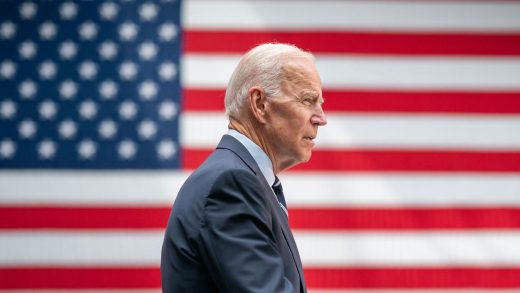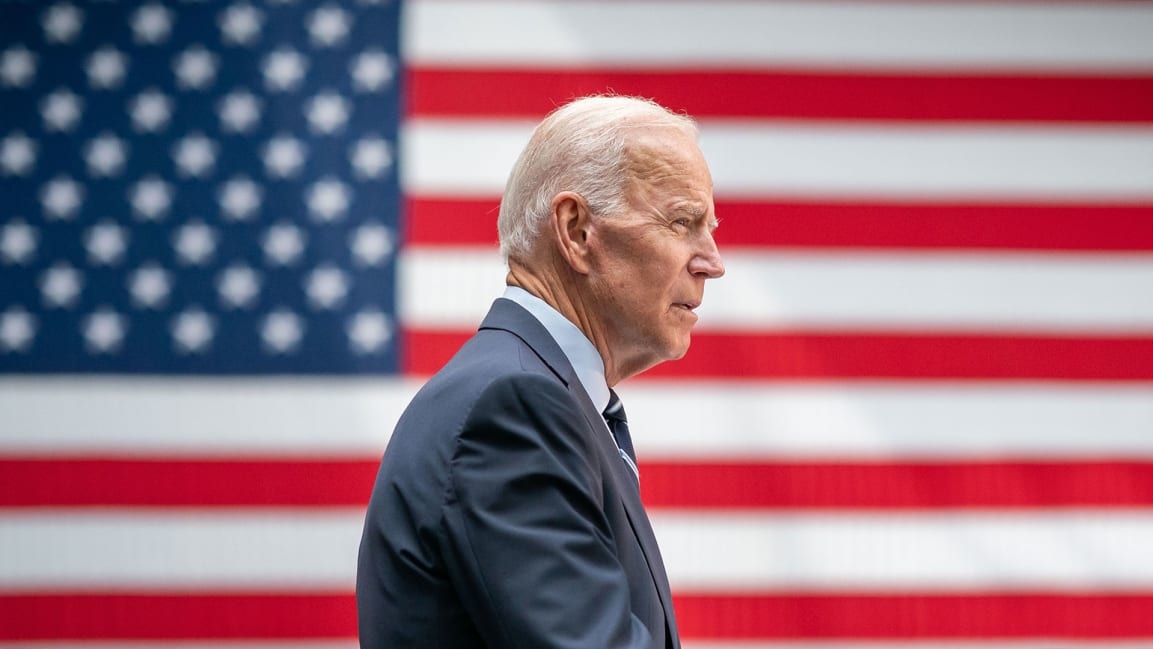Build Back Better: Here’s what’s in Joe Biden’s revised economic plan that he’s pitching Congress today
President Joe Biden went to Capitol Hill today to try to sell Congress on a newer version of his giant economic plan, before darting off to Europe for a round of summits. The White House believes this sort of lite, just-the-hits version of the spending plan—which you might recall began at $3.5 trillion back in August, but has now dwindled to $1.75 trillion—will please enough House Democrats to get it passed. “After months of tough and thoughtful negotiations, we have a framework that I believe can pass,” Biden tweeted this morning.
This proposal keeps many of the big-ticket items intact, but compromises on several others that could still create problems for winning the support of progressive Democrats.
What the plan includes
What the plan eliminates
(35)



